
More Children are Escaping from ECE Services
The number of children escaping from early childhood services is

The number of children escaping from early childhood services is

Early Childhood Education System. The Stakeholders and Key Organisations Peak
Home » Members Area » All Teacher Posts » Children's Health, Attachment and Wellbeing
You are not logged-in. Or, you don’t hold an active membership for this particular area.
Check if this membership is relevant to you.
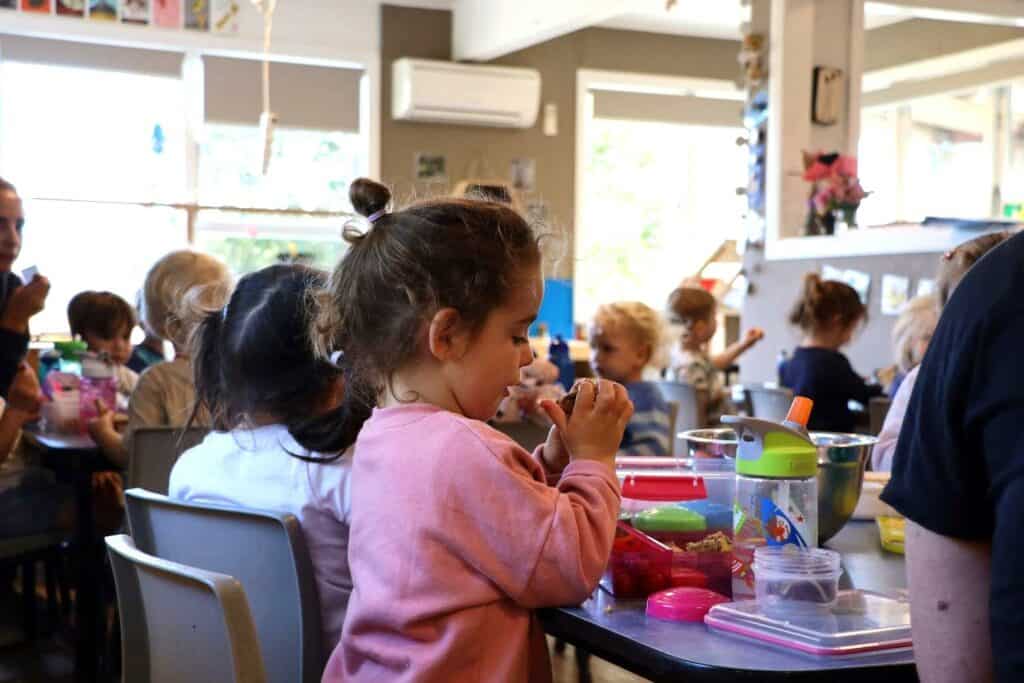
Picky eaters? Some children may display anxiety and unhealthy eating habits when they begin early childhood education, others may display behaviours at different times that
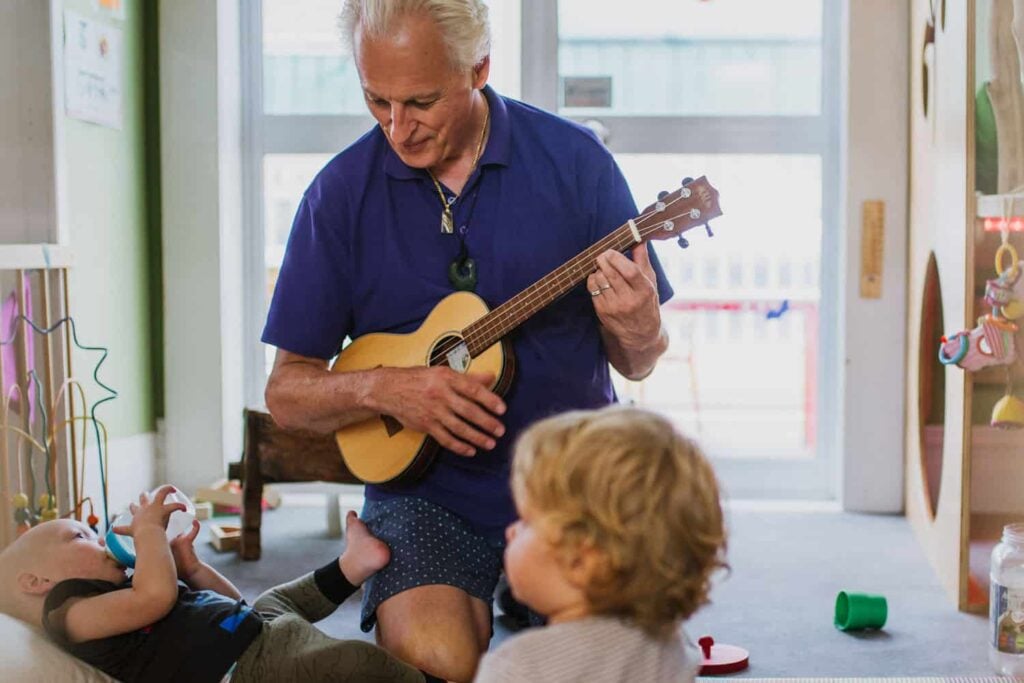
This article provides an easy-to-read discussion about primary caregiving in early childhood centres. It covers some common questions and concerns relating to a primary caregiving system. The main reason why early childhood services go for this particular organisational model of staffing is they are […]
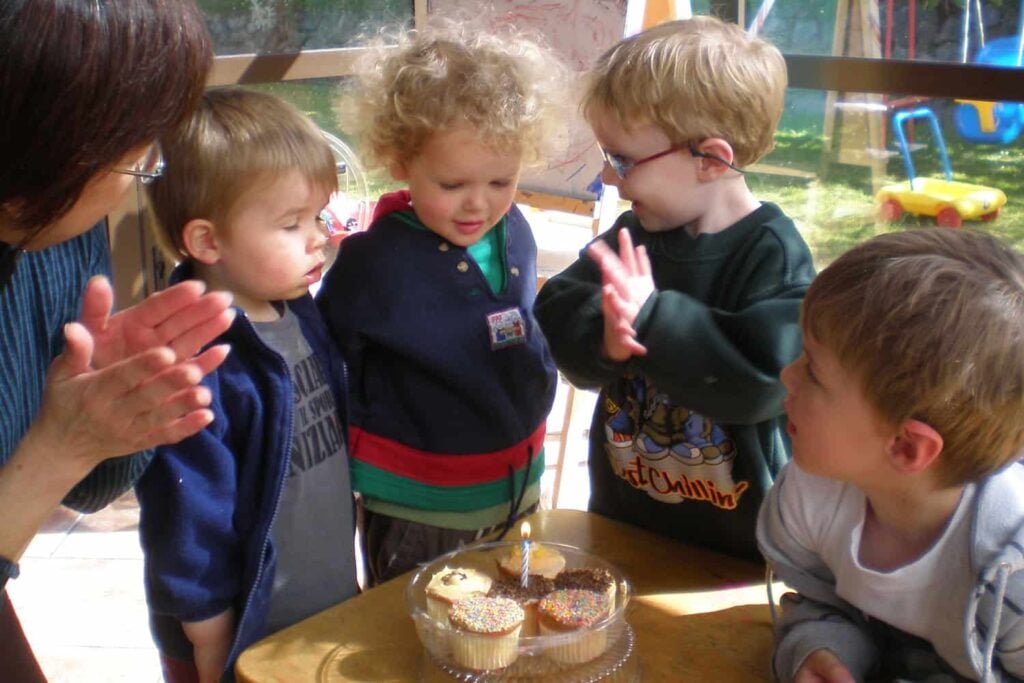
Te Whāriki states that infants in particular should experience “unhurried and calm caregiving practices for feeding, sleeping and nappy changing.” So despite the barriers for some early childhood services such as large numbers of children and poor adult-child ratios, if […]
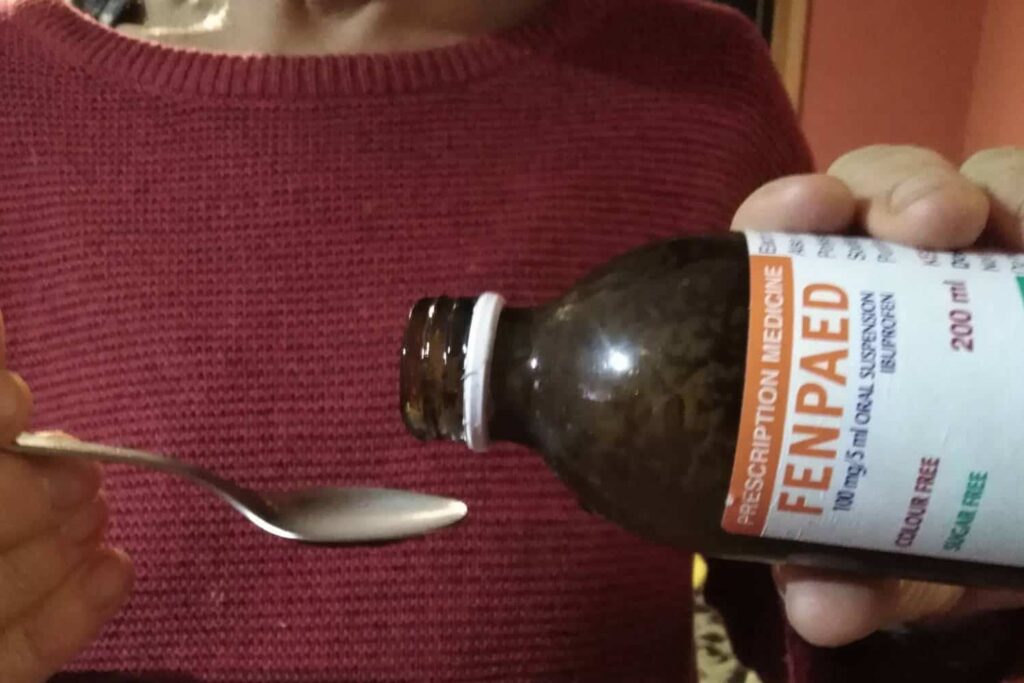
Giving Medicine to Children Who Attend ECE and Painkillers such as Paracetamol. Pressure from parents and confusion over administering painkillers such as Panadol, Pamol and Ibuprofen could be putting the health of children in early childhood education services at risk. […]
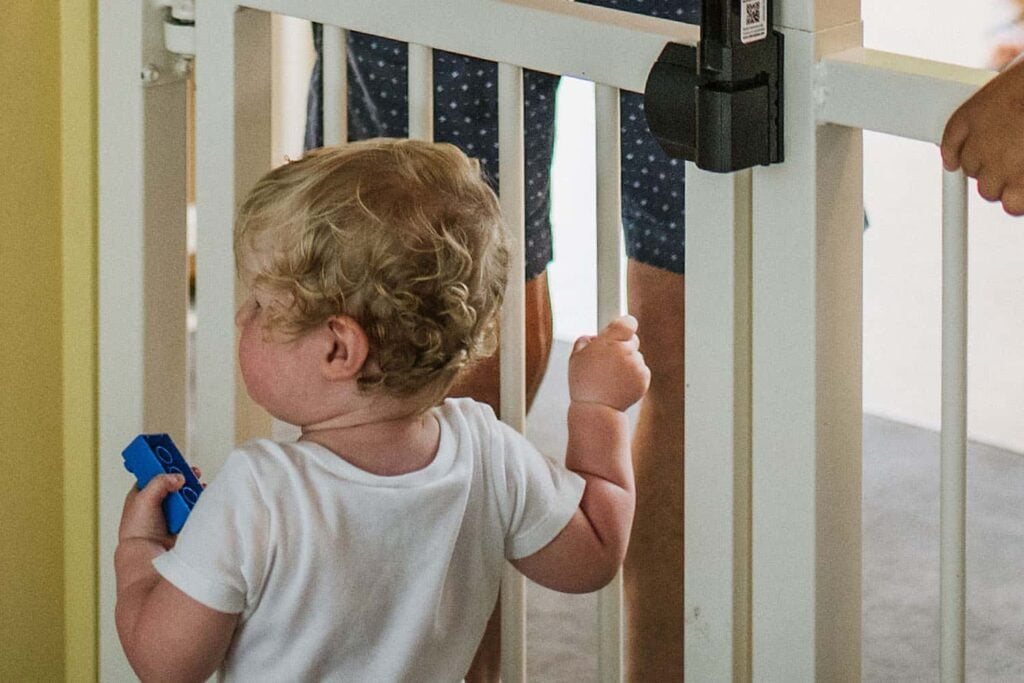
Children with Coughs and Colds. Health authorities warn against the use of cough and cold medicines for children under the age of 6 years- except for those containing only bromhexine or intra-nasal decongestants (such as oxymetazoline and xylometazoline) and these are approved only […]
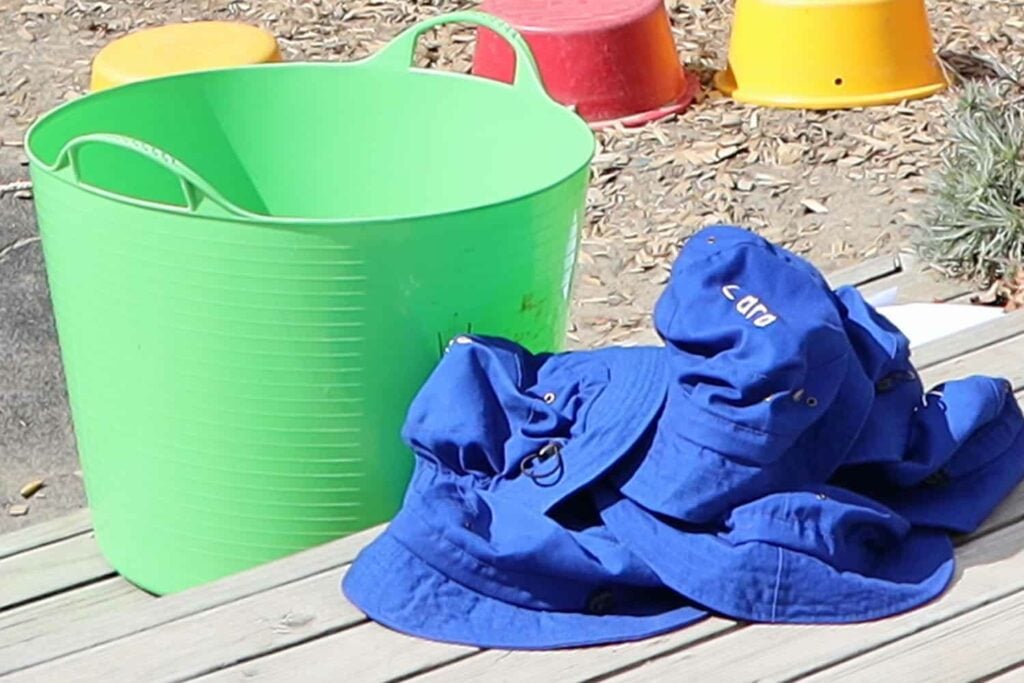
Practical and best sun protection measures for babies, toddlers and young children in home-based and centres. Always use sun protection measures during peak UVR times between September and April, especially between 10am and 4pm (or Terms 1 & 4 in […]
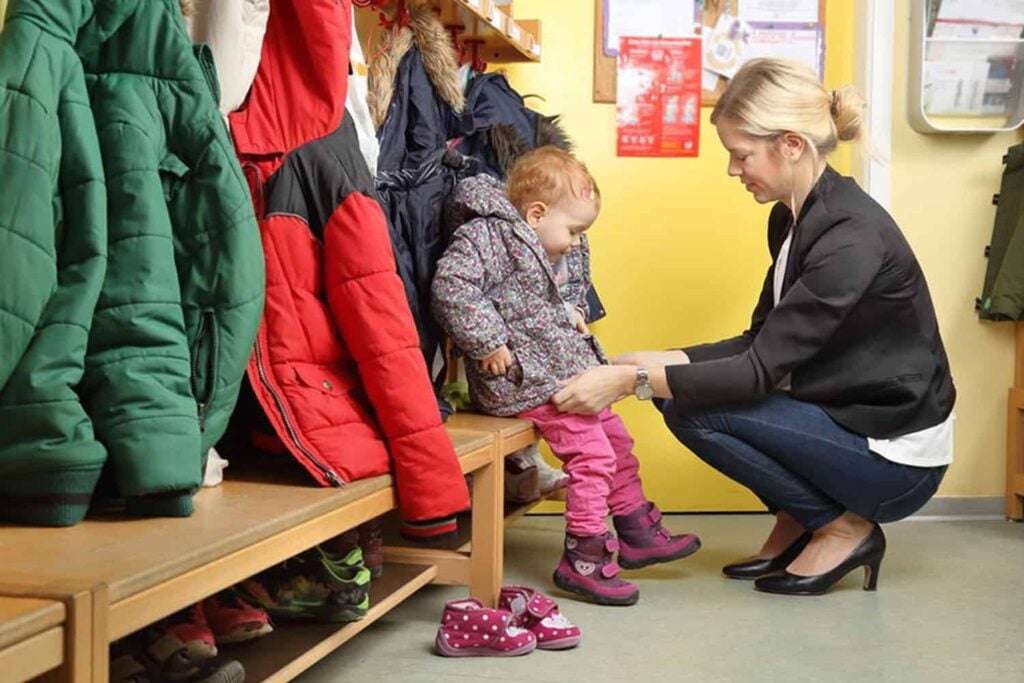
Supporting Parent-Child Attachment. A strong attachment with an adult is as essential to a child as air, food and water. Healthy child development is unlikely without it. The Ministry of Health reports that mental health and behavioural problems are rising […]

Children get head lice. It’s one of those things that is a case of when and not if. It pays to know how to tell if a child has head lice and how to spot eggs how to carry out effective […]
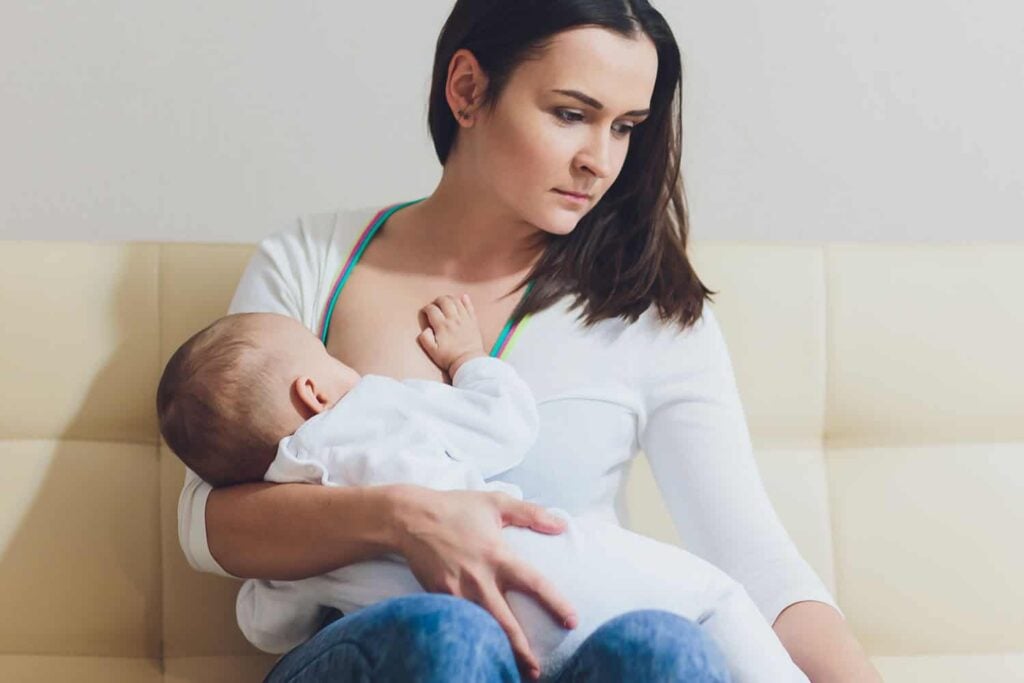
Mums Expressing Breastmilk in ECE. By Dr Sarah Alexander. Early childhood services can be places that support breastfeeding, and the attitude of staff and teachers and what they do makes a big difference as to whether a mother continues with […]
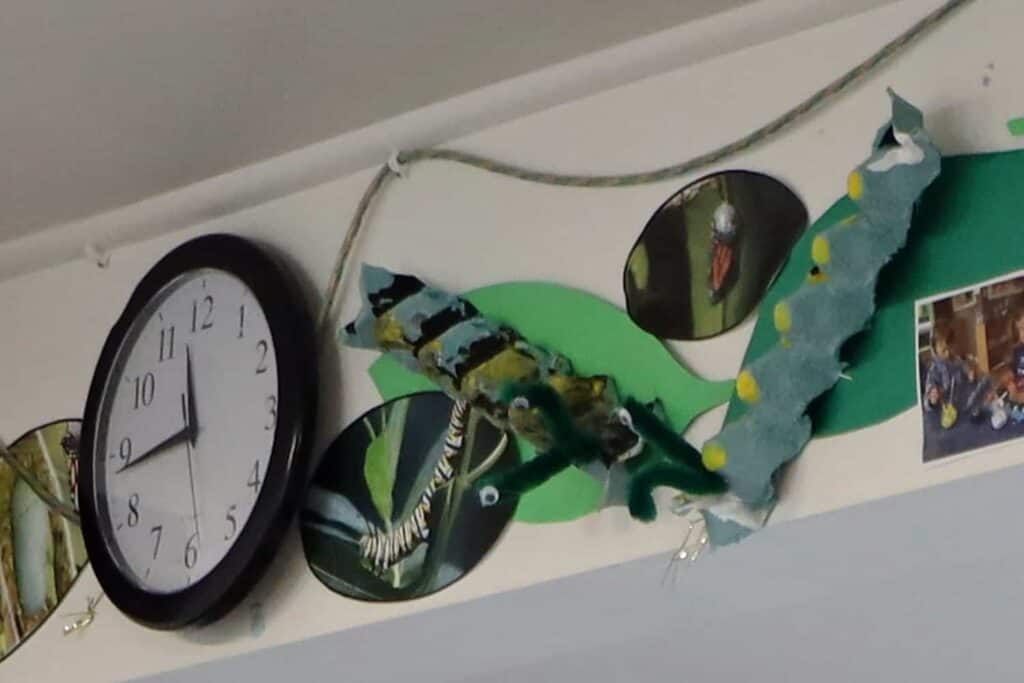
Daylight Saving Effects Child Behaviour. In NZ daylight Saving starts on the last Sunday in September, when 2.00am becomes 3.00am. It ends on the first Sunday in April, when 3.00am becomes 2.00am. A subtle time shift can affect children’s safety, […]
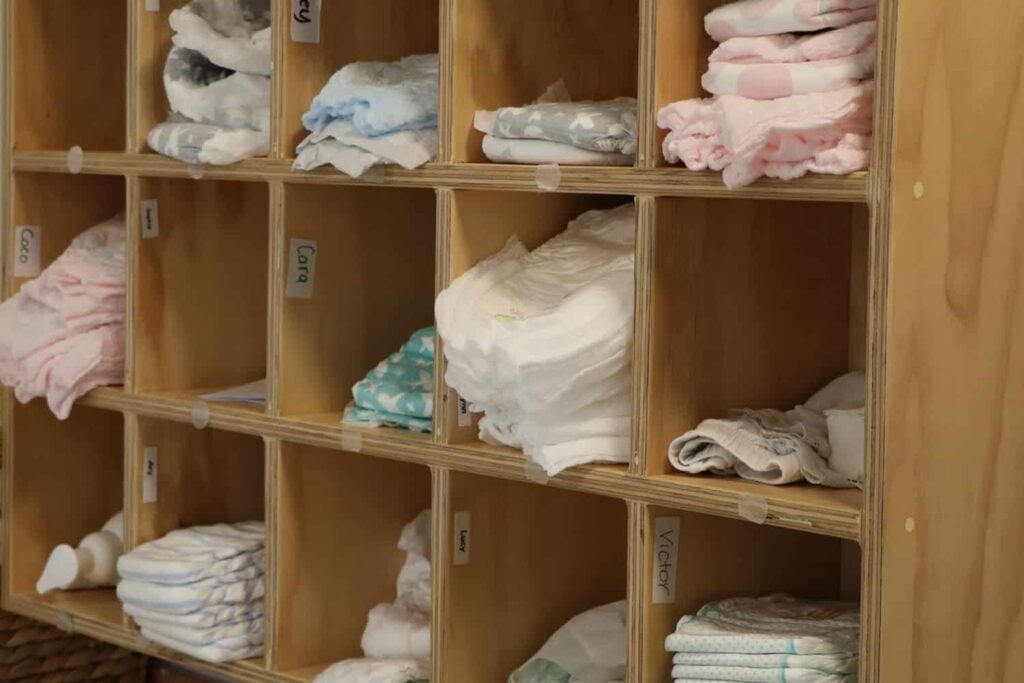
As professionals, teachers are often presented with situations that require them to consider what is important to the families of the children they are teaching, while ensuring that they are working in an environment where they are comfortable and where […]

Earthquake Drills and the Turtle Drop – Reflections and Discussion about what is Best Practice. By Warwick Marshall A big earthquake shakes while you’re in the kitchen at your house. What do you do? Of course you throw yourself to […]
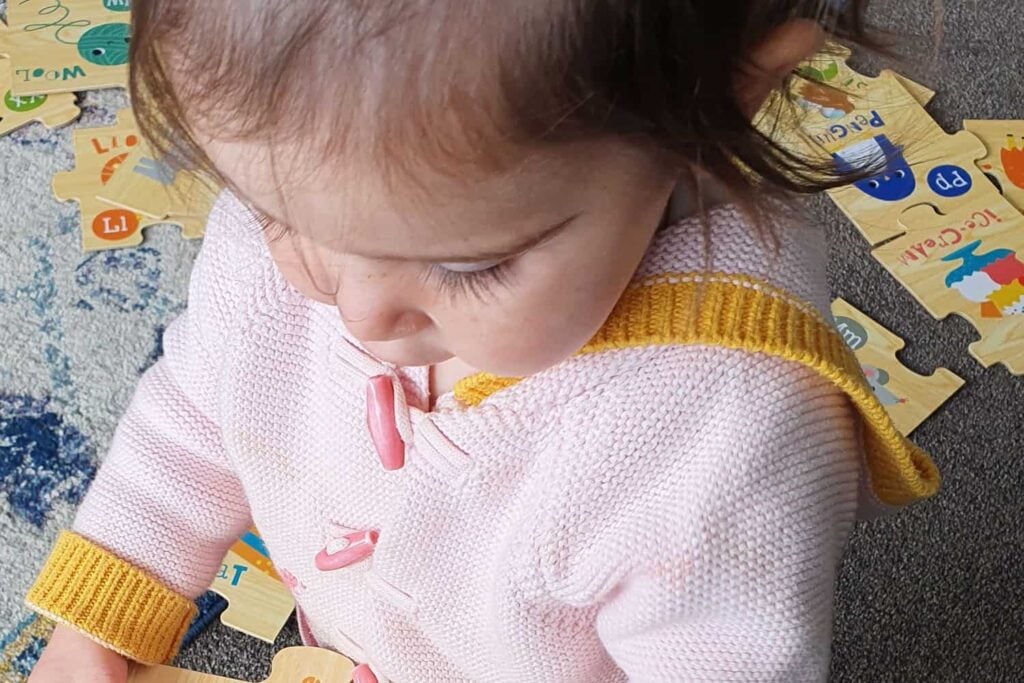
Nose bleeds in young children are commonly caused by knocks, nose-picking, and objects being inserted into the nose. If the nose bleed is caused by an injury, always check with a doctor as the child’s nose could be broken. Quite often though, a […]
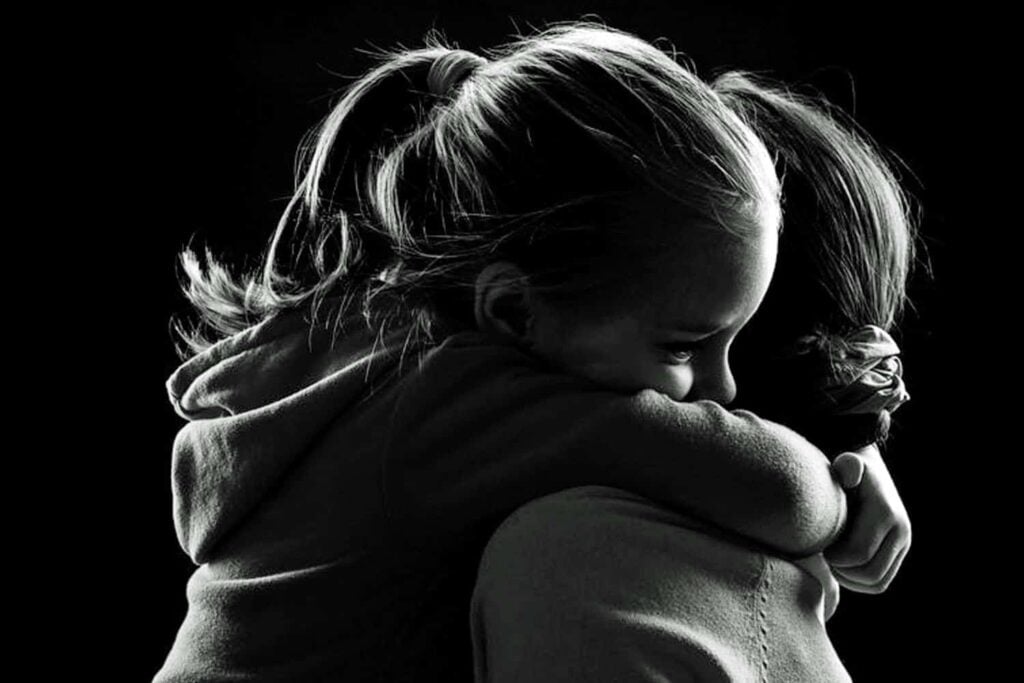
When there is a major earthquake or a devastating natural disaster, the effects on children may continue into adolescence, adulthood and old age. Research on children experiencing natural disasters and parental separation provides helpful information and guidance on what might help to […]
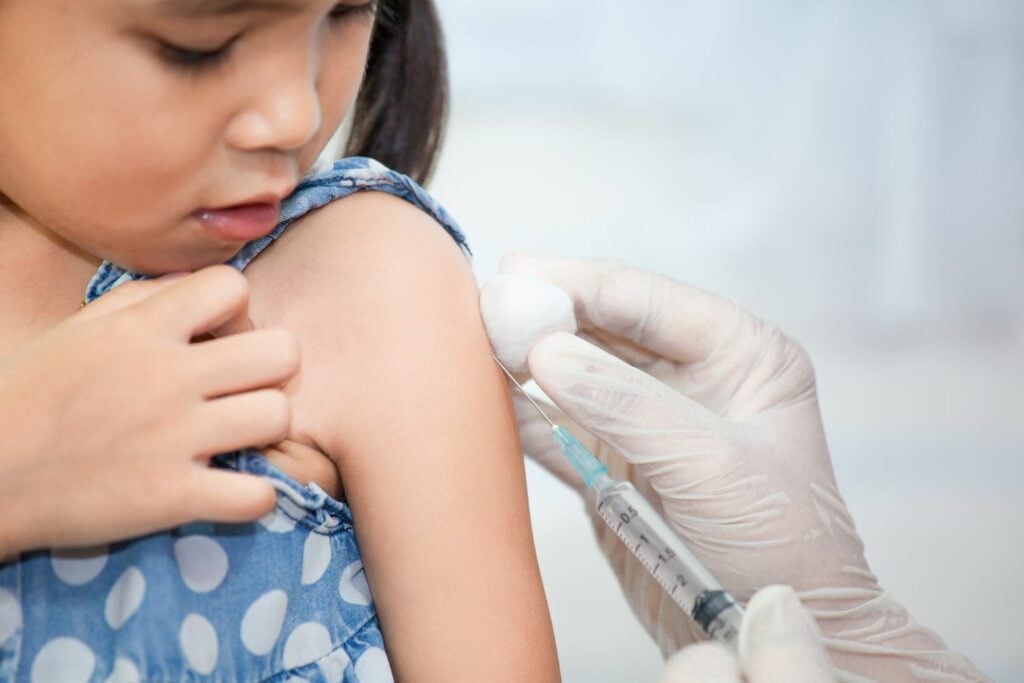
Children’s Immunisation and ECE. One of the key international measures of a healthy population is a country’s percentage of children fully immunised against diseases. The higher the immunisation rate, the more successful NZ is seen to be in protecting […]
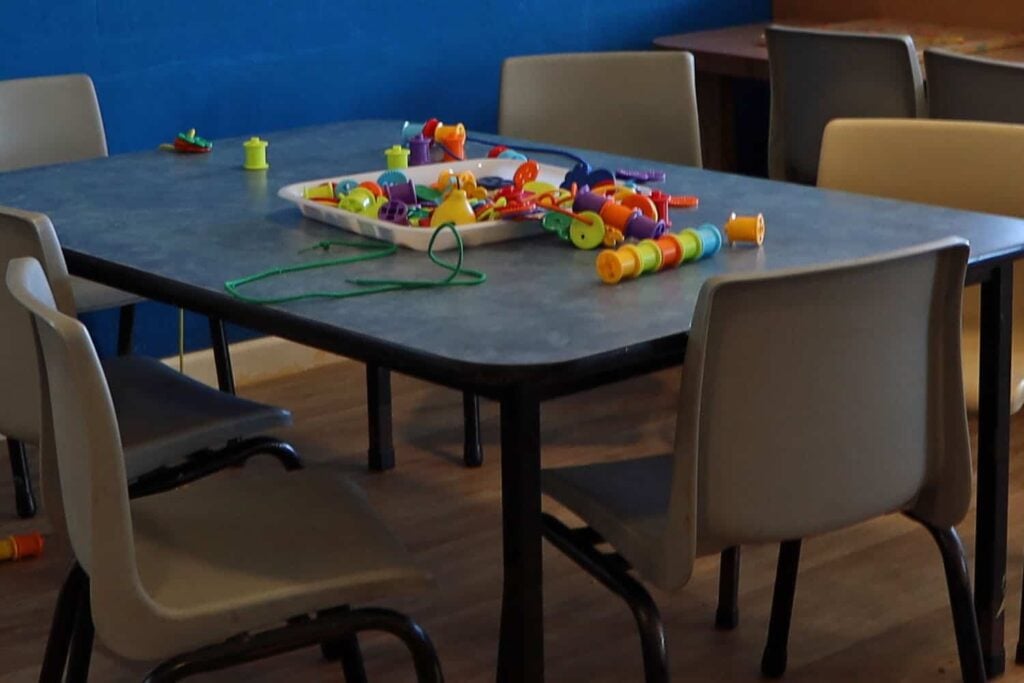
Diseases and Conditions Requiring Exclusion of Children and Adults from Coming In Contact with Any Other Person at the ECE Service. Below is a list of the diseases and conditions likely to be passed on to children and to have […]
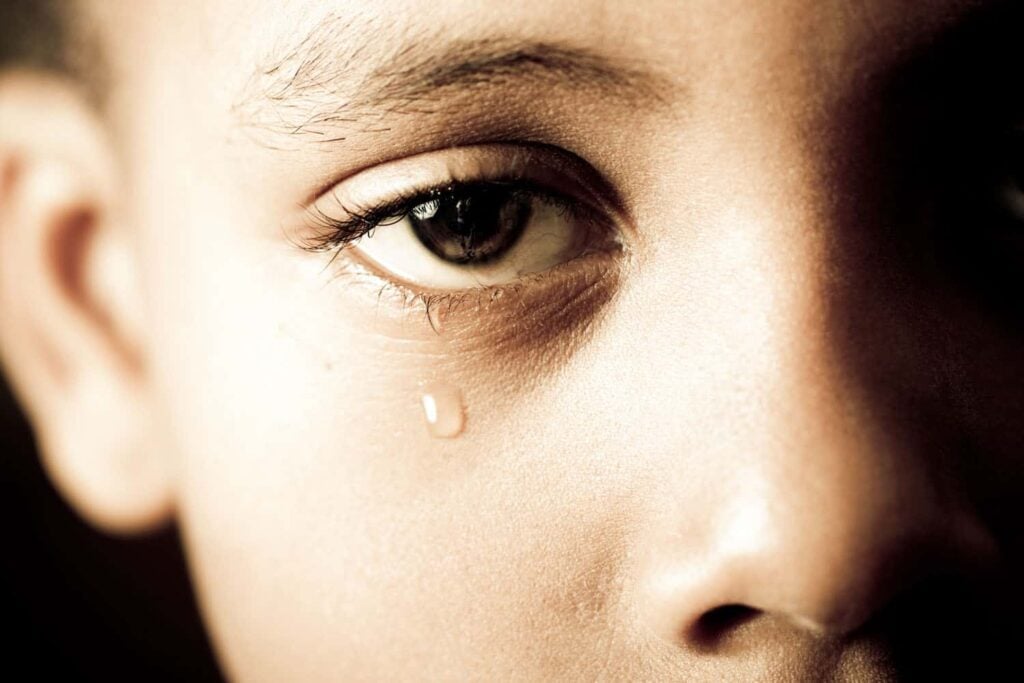
In the event of the death of a child or person known at your service, the impact will be extensive on children, yourself, members of your team and your community. You should be open and honest with your service leader […]
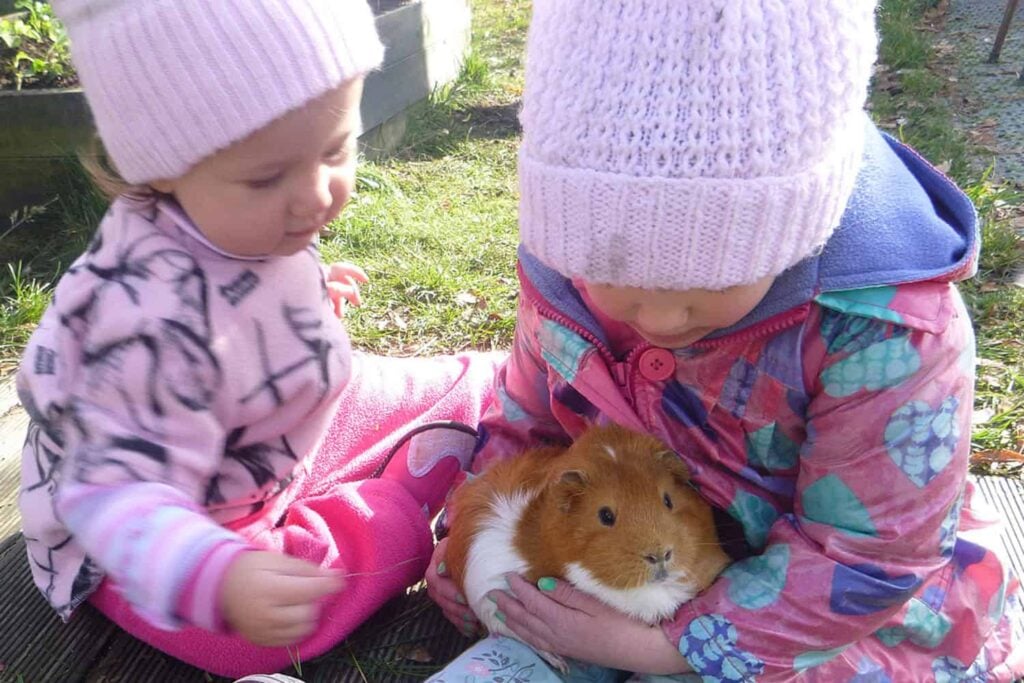
The death of a pet, especially a first pet, can be more traumatic for a child than it is for an adult. Often the child has grown up with the pet and considers it to be as much a member […]
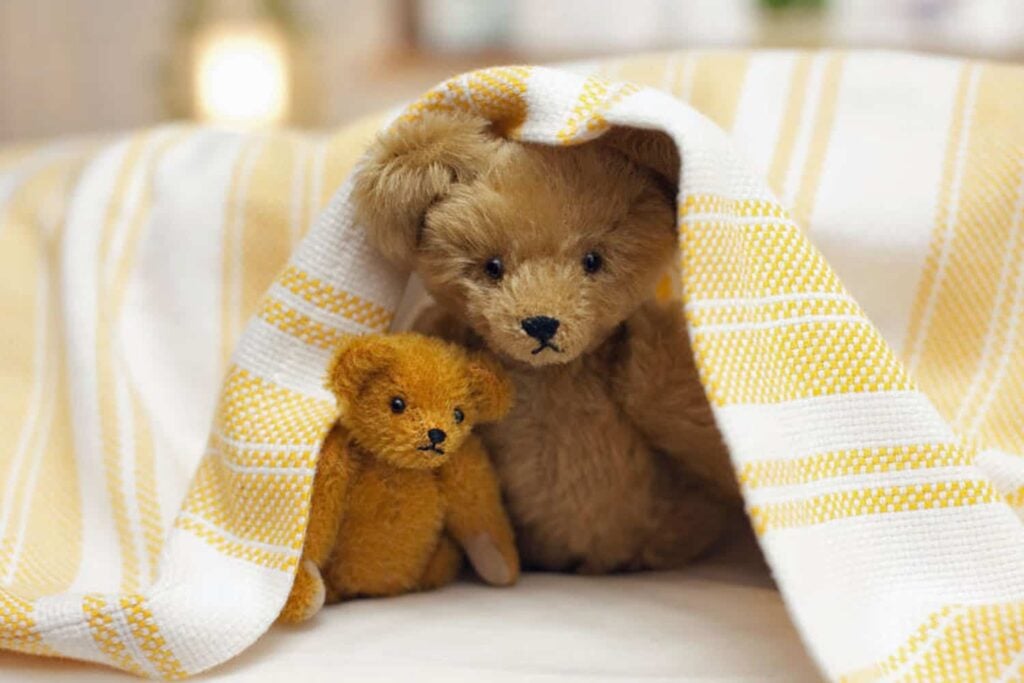
Supporting a grieving child can be distressing for a teacher. However it is important that teachers do not try to avoid dealing with a child’s grief, or with their own grief. Teachers can support children’s grief in a sensitive and […]
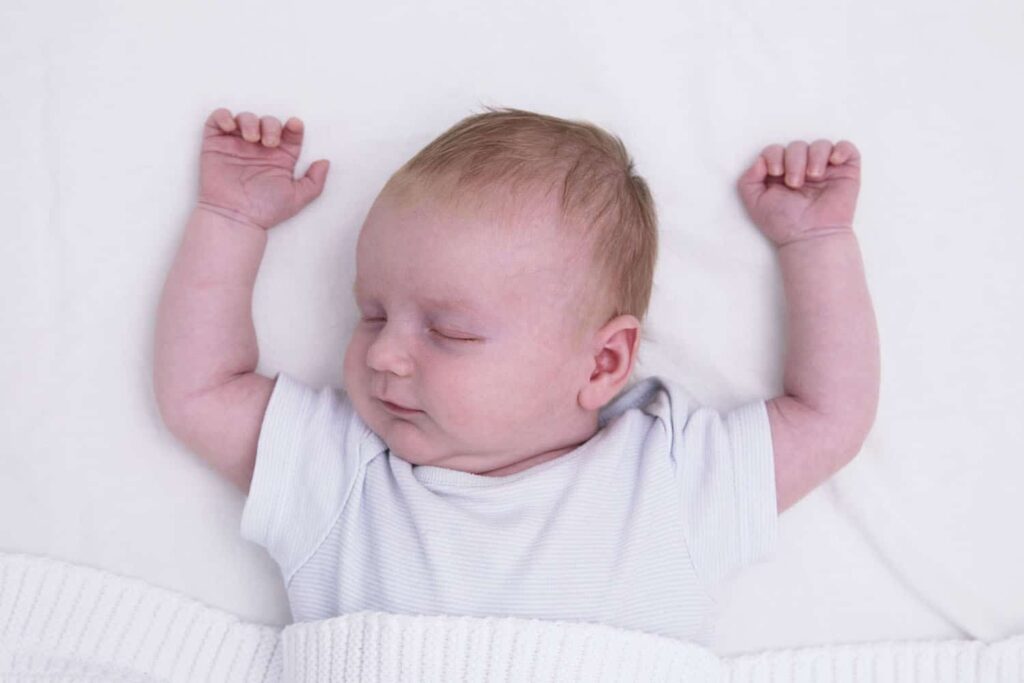
This article gives clarity to conflicting opinions on Controlled Crying, when and how the Controlled Crying / Controlled Comforting technique should be used, problems with it, and age appropriateness. We also discuss its use in childcare and early childhood services. Suggestions for […]
Sign up to our mailing list.
You can unsubscribe at any time.
See our Privacy Policy and website T & Cs
© 2002 –
The OECE (& ChildForum)
Help spread this vital ECE information, join our free social and email groups and become a member of OECE.

Sign up to our free newsletters.